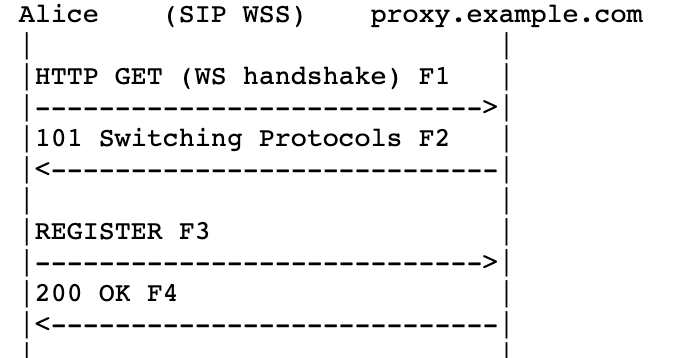Happy birthday to SIP
June of this year marked the 20th anniversary of the publication of RFC 3261, marking the beginning of the “Session Initiation Protocol (SIP)” era.
The key actor in the modernization of communications
This has been the technology that has made it possible to create the popular over-the-top (OTT) services, which allow making voice calls or sending messages without having to use the services of an carrier. It has also been fundamental in supporting remote work systems and bringing more flexibility to the integration of corporate communications systems, in the business environment, with a strong adoption in the last ten years.
What is the SIP protocol?
Session Initiation Protocol (SIP) is an application layer control (signaling) mechanism for creating, modifying, and terminating sessions with one or more participants.
The SIP invites used to create sessions include descriptions that allow participants to agree on a set of supported media types (for example, indications of supported codecs). The protocol further supports user mobility by forwarding and redirecting requests to the user’s current location.
Although it is a protocol designed without taking into account security premises, it can be combined with TLS. This, together with the possibility of encrypting real-time protocol (RTP) media traffic using SRTP encryption, makes it considered safe for the most critical communications.
Role of Quobis in the extension of the SIP protocol to current multimedia communications.
After the definition of the SIP protocol at the beginning of the 21st century, the main advance in the area of real-time communications (voice, video, collaboration) has been the appearance of WebRTC which has just been considered as standardized a few months ago.
Quobis has combined both worlds to adapt SIP signaling to this world of WebRTC multimedia communications, which is the basis of solutions like MS Teams, Webex or our Quobis Collaborator, since WebRTC does not define a signaling mechanism.
Quobis’s background is related to SIP interconnection, since the company’s main line of business is related to managing the interworking challenges of the different implementations of the SIP protocols (normally called “SIP flavors”), using elements networks called SBCs (for Session Border Controllers) and other signaling engines and media managers.
Quobis decided to take an active responsibility in defining signaling mechanisms. The main contribution is the definition of a SIP stack adapted to WebRTC, which is widely used today:
The WebSocket Protocol as a Transport for the Session Initiation Protocol (SIP)

Thus, Quobis celebrates 20 years of the standardization of SIP, the most important step in the generalization of real-time communications ubiquitously, and will continue to explore new challenges to ensure that communications are clear and effective in the future .







